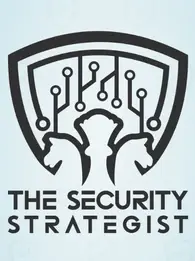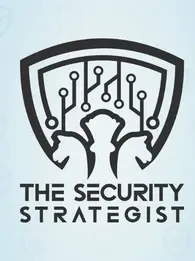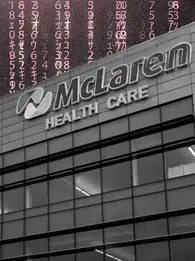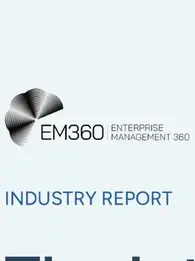
In today's fast-paced business environment, companies face a wide range of risks, from financial and operational risks to cyber threats, regulatory compliance, and reputational risks. To manage these risks effectively, companies need a strong governance, risk, and compliance (GRC) framework. A GRC framework provides companies with a structured approach to managing risks and ensuring compliance with laws and regulations. In this blog post, we will discuss the top benefits of a strong GRC framework.
1. Improved Risk Management:
A strong GRC framework helps companies to identify, assess, and manage risks proactively. By having a clear understanding of the risks that they face and their potential impact, companies can take appropriate actions to mitigate or avoid these risks. This can help to prevent financial losses, reputational damage, and legal liabilities.
2. Enhanced Compliance:
A strong GRC framework helps companies to comply with laws and regulations relevant to their business operations. By having a comprehensive understanding of the regulatory landscape, companies can ensure that they are meeting all relevant requirements and avoid penalties and fines for non-compliance. A GRC framework can also help companies to identify and address compliance gaps and implement remediation measures.
3. Improved Efficiency:
A strong GRC framework can help companies to streamline their risk and compliance management processes, improving their efficiency and reducing costs. By automating repetitive tasks and standardizing processes, companies can reduce the time and resources required for risk and compliance management, allowing them to focus on more strategic initiatives.
4. Better Decision-Making:
A strong GRC framework provides companies with accurate and timely information on risks and compliance issues, enabling better decision-making. By having a clear view of their risk and compliance posture, companies can make informed decisions about the allocation of resources, investments, and business strategies.
5. Enhanced Reputation:
A strong GRC framework can help companies to enhance their reputation by demonstrating their commitment to ethical and responsible business practices. By implementing robust controls and processes to prevent and detect fraud, corruption, and other unethical behavior, companies can build trust with their stakeholders, including customers, employees, investors, and regulators.
6. Improved Cybersecurity:
A strong GRC framework can help companies to address the growing threat of cyber attacks. By implementing effective controls and processes to protect their data and systems, companies can reduce the risk of cyber incidents and minimize the impact of any breaches that do occur. A GRC framework can also help companies to comply with relevant cybersecurity regulations, such as the General Data Protection Regulation (GDPR) and the California Consumer Privacy Act (CCPA).
7. Increased Flexibility:
A strong GRC framework can help companies to adapt to changing business environments and regulatory requirements. By having a flexible and scalable GRC framework, companies can respond quickly to new risks and compliance challenges and adjust their risk management and compliance strategies accordingly.
Conclusion
In today's complex and rapidly changing business environment, a strong GRC framework is essential for companies to manage risks effectively, ensure compliance with laws and regulations, and enhance their reputation. By implementing a comprehensive GRC framework, companies can improve their risk management, enhance their compliance, increase their efficiency, make better decisions, enhance their reputation, improve their cybersecurity, and increase their flexibility.












